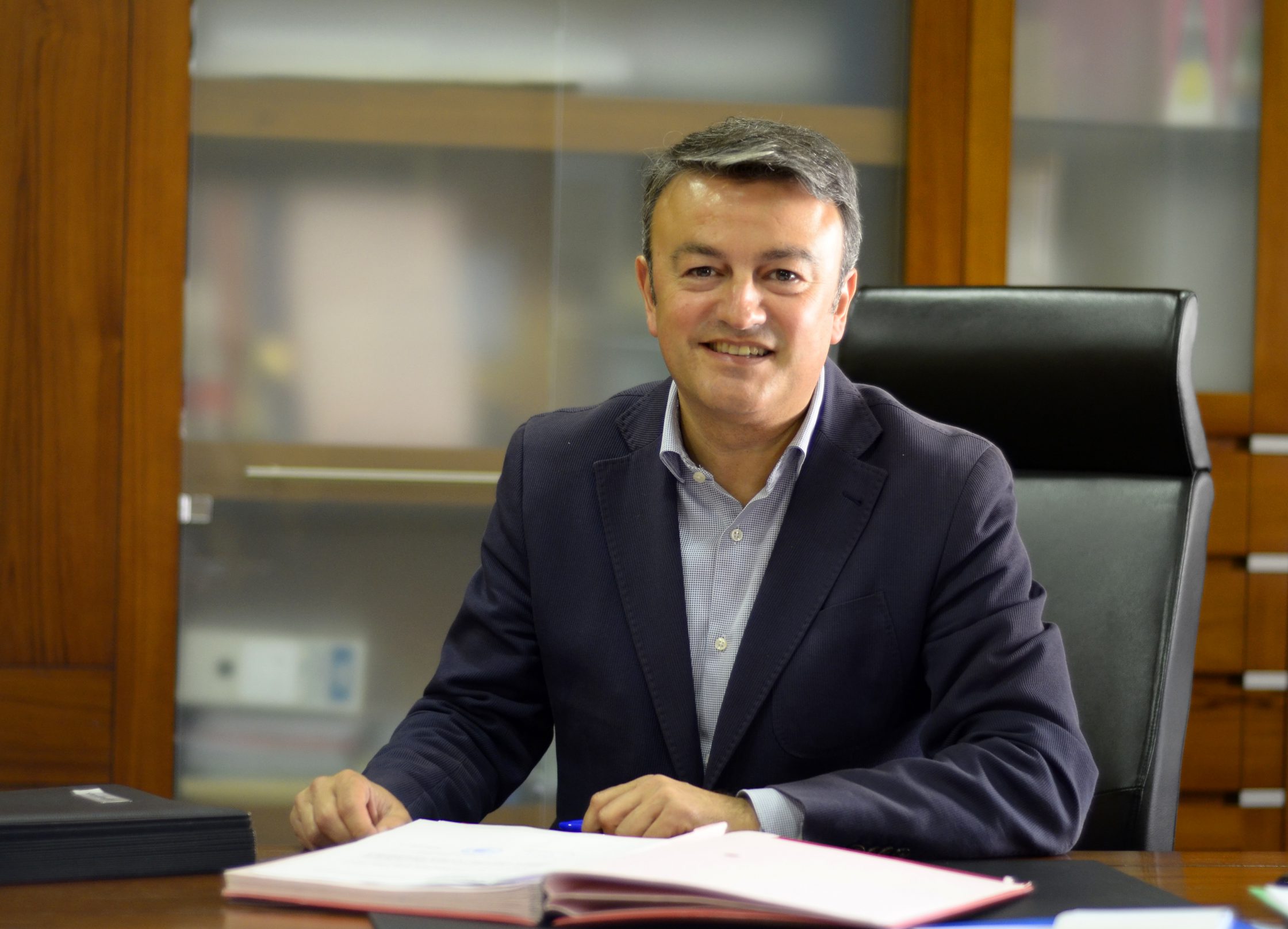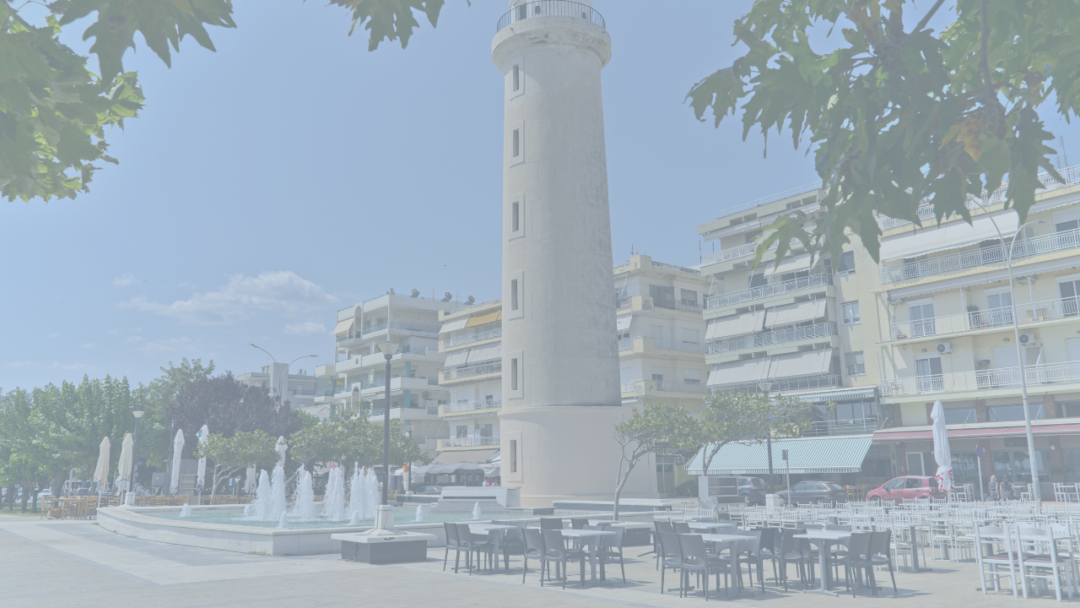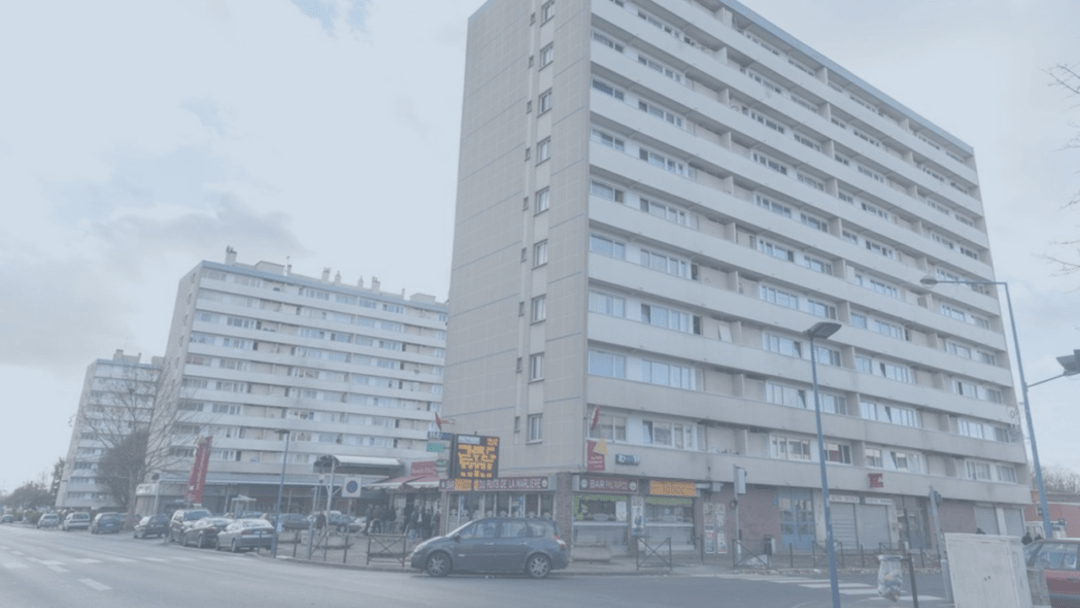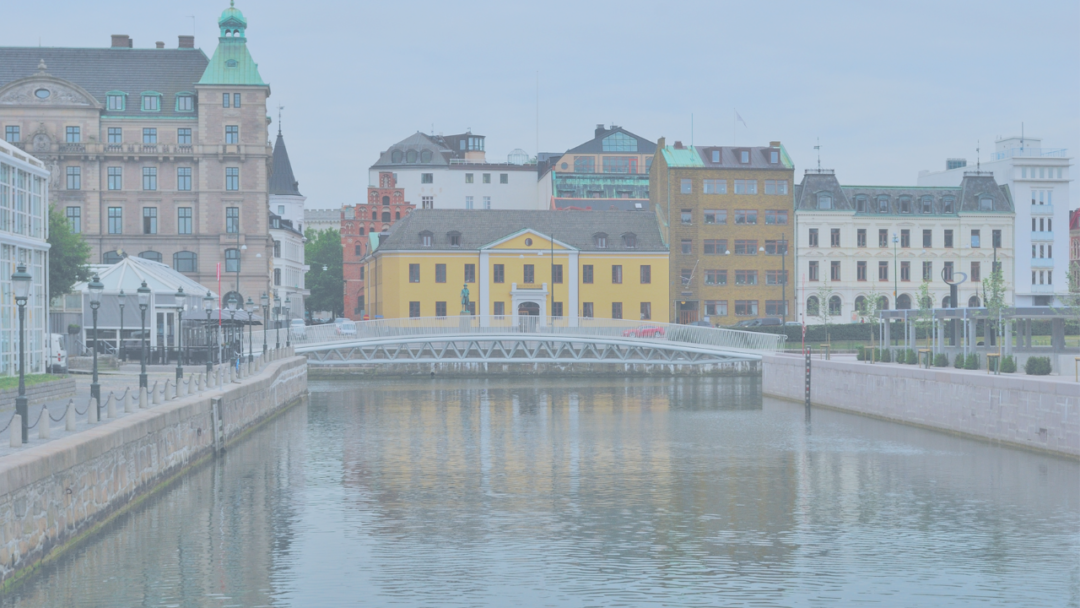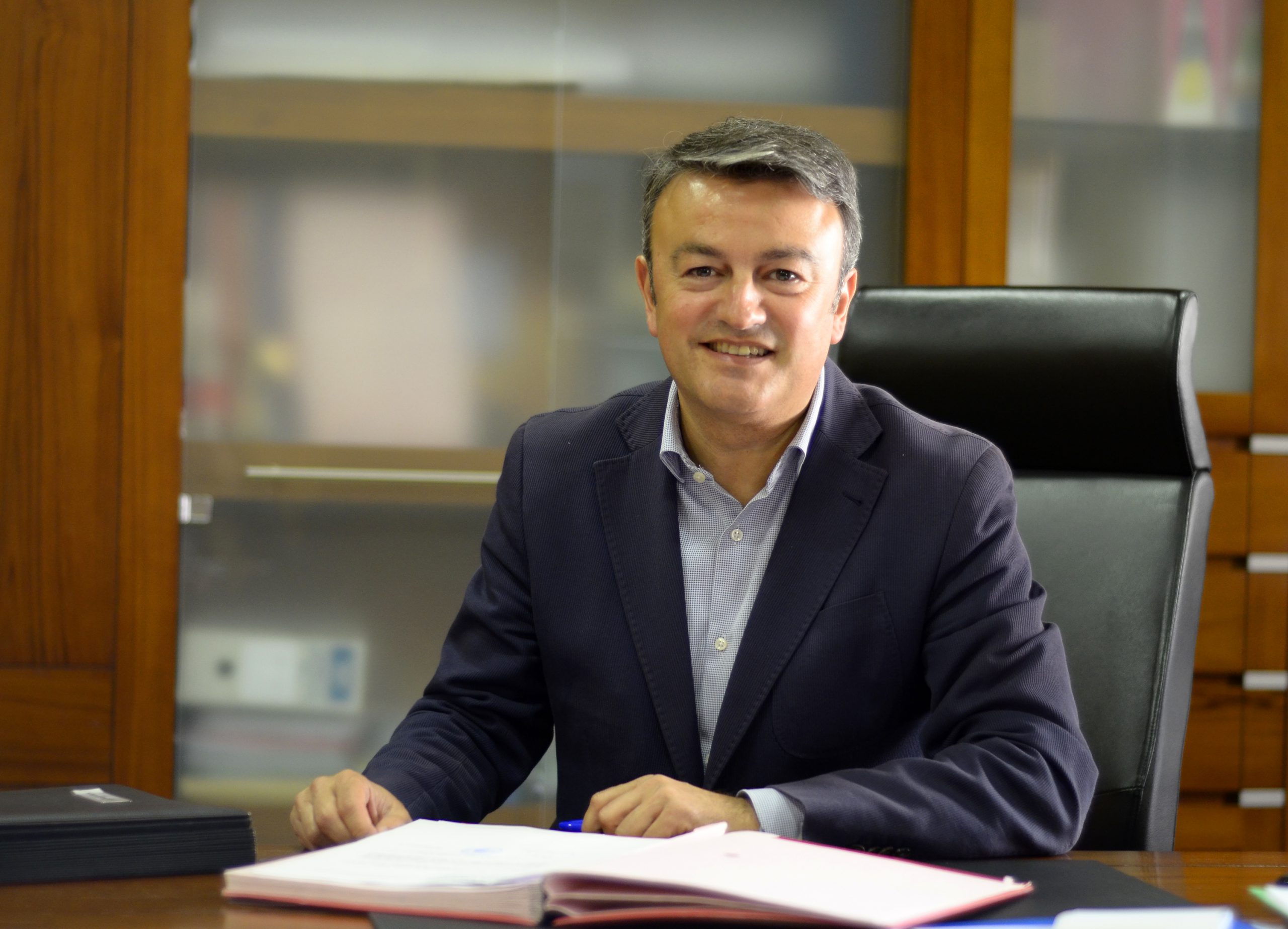 Why did you choose to become a member of the European Forum for Urban Security?
Why did you choose to become a member of the European Forum for Urban Security?
It seemed clear to us that it was an excellent opportunity to gain new experience and knowledge. In a context of globalisation, we must be permanently connected in order to strengthen collaboration with our partners and update our knowledge. Given the speed at which the challenges we face in Xàbia, a coastal tourism town, evolve, quality information is the best tool we can have.
What would you say is the added value of cooperating with other European cities?
As I said, it is the opportunity to exchange information and experiences with other police corps, to be able to test successful experiences and confront ideas, to propose new ways of acting and have them assessed by experts, and to start projects together and make them real and solid. But above all, being able to convert this experience into real ways of improving the quality of the service we offer citizens. In particular, the local police must absolutely update constantly ideas, techniques and points of view.
What are the priority areas of your urban security and prevention policy?
The fundamental change has been the move from a reactive police (who acts after an event has succeeded) to a proactive police (anticipating and preventing events). In this sense, we have put in place important programmes such as the “Tutor Officers”, whose mission is to resolve conflicts in Xàbia’s schools and improve the perception the school community has of us, the “Mediator Officers” in charge of solving neighbourhood conflicts and thus avoid the lodging of complaints or long, costly and unpleasant trials, and the “Road Education” (Educación Vial) programme that we have been carrying out for over 25 years with children and young people.
Furthermore, in the area of sustainability and environmental protection, we set up the “Special Mission Unit” (Unidad de Cometidos Especiales, UCE) and have increased our presence at sea. In addition, we collaborate closely with other security forces and we train volunteers.
Xàbia is located in a Spanish region that attracts a lot of tourists. How does that shape your security policies?
It means we have to intensify our efforts during the holiday season. We work to improve security but also information, as it is an important service we offer visitors.
In addition, the fact that our coast is very rugged and that some tourists act recklessly, are ignorant about our environment or behave in a way they shouldn’t means that in the holiday season, we have to increase significantly the number of rescue and assistance operations. An important part of our work consists in preventing forest fires in the outskirts of the city and also extinguishing fires and coordinating interventions.
In the summer, we have an additional 12 officers. We had been asking for this for a long time. It was essential.
So in short, working in a tourist city means that in addition to our security mission we must constantly strike a balance between the right to leisure and the right to rest.
Is there a particular project being implemented in the city that you would like to highlight?
The Road Education project is particularly interesting because of its duration and also its results and the way it is perceived socially. This and other projects such as the Mediator Officers and Tutor Officers are inspired by the same idea, which is to anticipate problems rather than wait for them to happen and invest in sensible ways to resolve conflicts rather than penalising some conducts.
What security and crime prevention issues would you like to present to the European institutions through Efus?
On 26-27 October, we will host the Xàbia Mediterranean Sustainable Destinations Forum, (Mediterrània Xàbia Fòrum Destins Sostenibles), which will gather tourism stakeholders of the Mediterranean arc (Balearic Islands, Costa Brava, Cabo de Gata, Region of Valencia, France and Italy) around the theme of the compatibility of tourism with environmental, cultural and economic sustainability.
The security of people and natural spaces and the national police’s commitment to our conception of tourist cities will be key topics in this forum.

